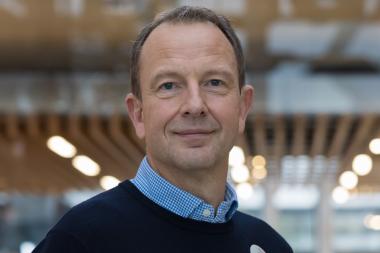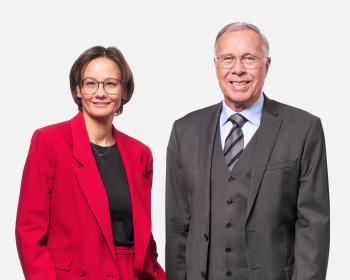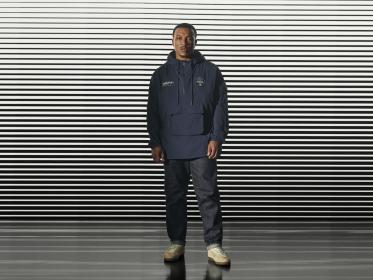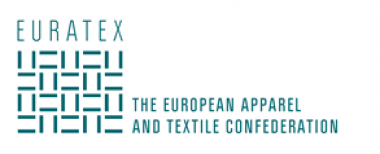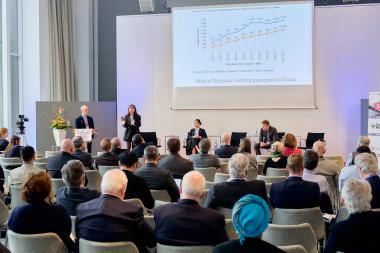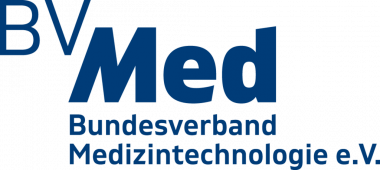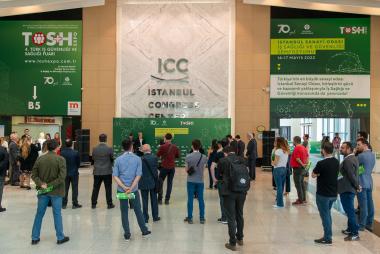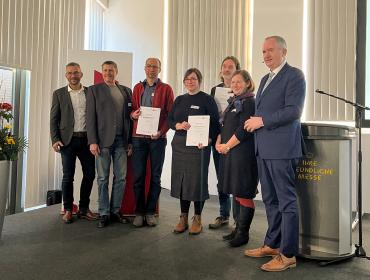John Lewis Partnership appoints new Chairman
The John Lewis Partnership announces the appointment of Jason Tarry as its seventh Chairman following Sharon White’s decision to step down at the end of her term.
Jason brings over 33 years of experience at Tesco where he was most recently the UK & Ireland CEO, a role he held for six years. His experience spans grocery, general merchandise and fashion in senior commercial, operational and general management positions, having joined the Tesco graduate programme in 1990.
In addition to delivering market leading grocery performance in the UK, he led the expansion of F&F Clothing across Europe as Group CEO. Jason is expected to take up the role in September, at which point Sharon will step down and support the transition as required.
Rita Clifton, Deputy Chairman and Chair of the Nomination Committee, said: “The Board extends its huge thanks to Sharon for successfully leading the Partnership through one of the most testing periods in its history - first Covid and then the cost of living crisis. She has faced into the toughest decisions and overseen the Partnership's financial recovery; we are in good financial health with a return to profit, and have a strong balance sheet with record investment planned this year. Sharon has also helped ensure that employee ownership of the Partnership is secure, is demonstrably focused on its purpose as a force for good and with an open and inclusive culture.
“As the Partnership moves into the next phase of its modernisation focused on our core retail business as well future growth, we are confident that Jason will provide the kind of inspirational leadership, a proven track record in multi-channel, multi-category retail success and a strong identification with Partnership values that we are seeking in this role. Jason has impressed everyone throughout the interview process with his warmth, his belief in the Partnership’s ideals and democratic principles and his appreciation for our unique and special brands.”
John Lewis Partnership


